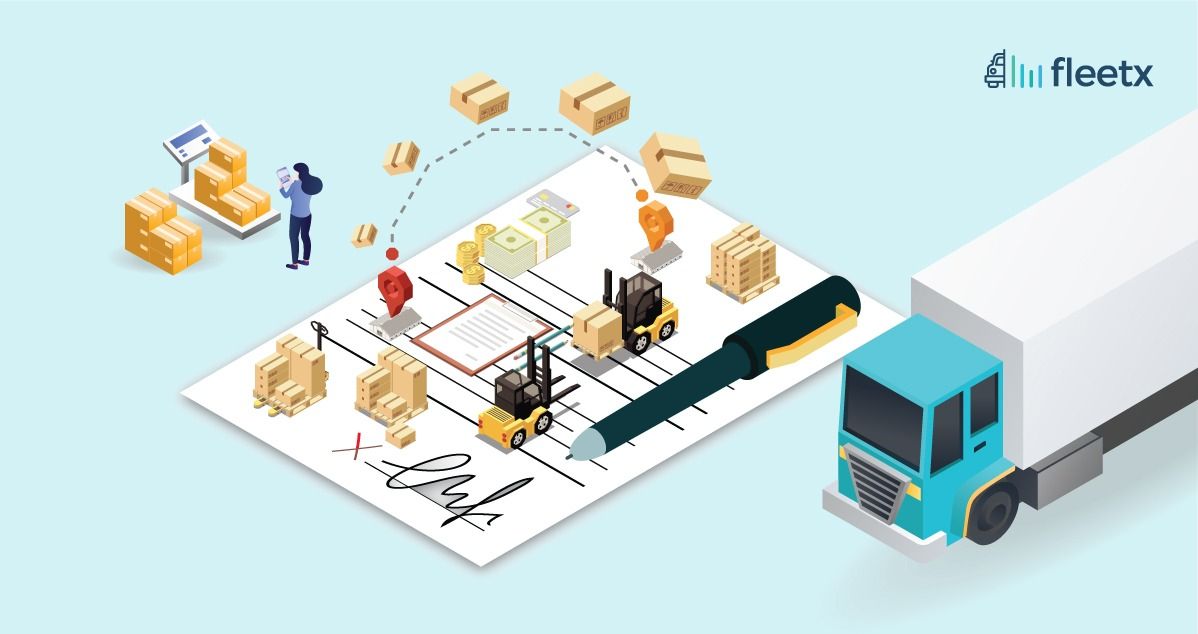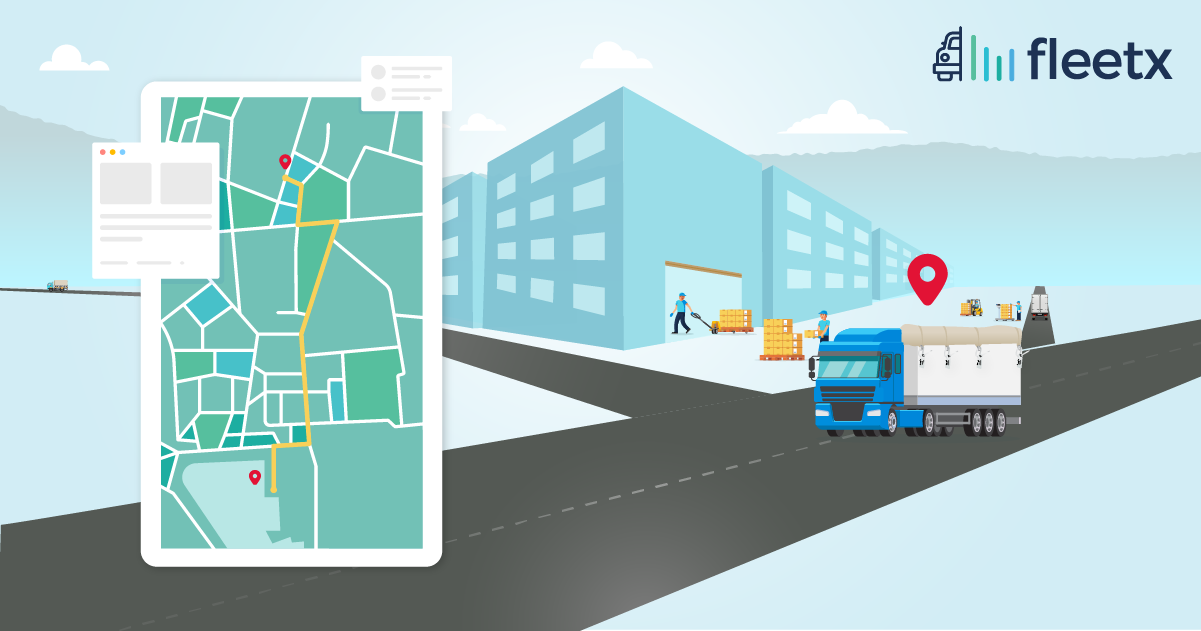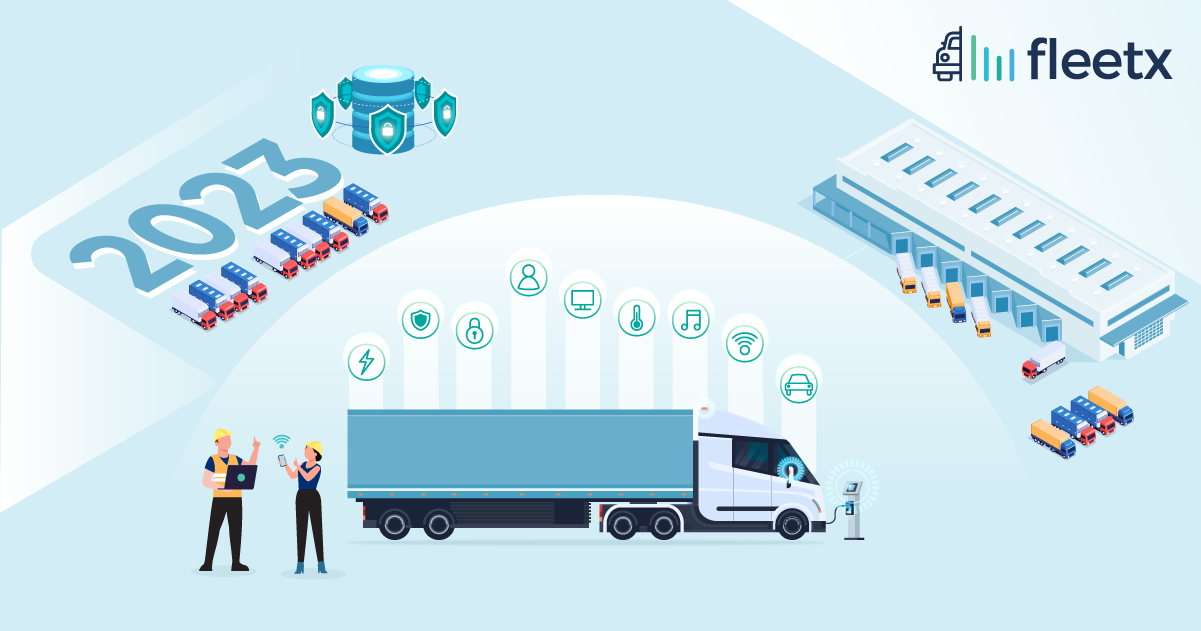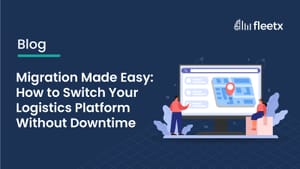
The transportation industry, particularly from the perspective of freight carrier collaboration, has been growing quickly. The existing procurement and freight payment system is no longer workable as a long-term solution due to rising contract complexity and increased market fragmentation. The old manual methods of procurement and payment are becoming inefficient and prone to errors. This can lead to payment delays, disputes, and a negative impact on vendor relationships.
Therefore, to remain competitive and improve operational efficiency, it is important to adopt modern, digital solutions that streamline the procurement and payment processes. Automated systems can help manage contracts, invoices, and payments more effectively, reducing manual effort and minimizing the risk of errors. Additionally, these systems provide real-time visibility into the process, enabling better decision-making and enhancing transparency.
By adopting digital solutions, companies can reduce costs, improve vendor relationships, and gain a competitive edge in the market. With the benefits so clear, it's time to consider automating the procurement and freight payment system and take your business to the next level. Here are several reasons why you should automate the complex freight invoice processing:
Increased Efficiency: Automating the process eliminates the need for manual data entry, reducing the time and effort required to process invoices. This leads to increased efficiency and faster payment cycles, as well as improved accuracy.
Improved Accuracy: Automated systems use advanced algorithms to verify the accuracy of invoices, reducing the risk of human error. They also reduce the risk of fraud and ensure that invoices are paid on time, avoiding late payment fees.
Increased Transparency: Automated systems provide real-time visibility into the invoice processing process, giving you insight into the status of invoices, payment history, and vendor performance. This increased transparency can help you make informed business decisions and improve vendor relationships.
Better Data Management: Automated systems store all invoice data electronically, making it easier to manage and access information. This data can be used to analyze trends, identify areas for improvement, and optimize processes.
Cost Savings: Automating the invoice processing process eliminates the need for manual labor, reducing labor costs and increasing cost savings. Additionally, it reduces the risk of errors and disputes, further reducing costs.
What are freight contracts and freight settlements?
Freight contracts and settlements are critical components of the transportation and logistics industry, as they define the terms and conditions of the shipment of goods from one location to another.
A freight contract is a legally binding agreement between a carrier and a shipper that outlines the terms and conditions of a shipment of goods. This agreement includes details such as the type of goods being shipped, the origin and destination of the shipment, the price of the shipment, and the delivery timeline. Freight contracts also specify the responsibilities of each party and any insurance or liability coverage required for the shipment.
Freight settlements refer to the process of settling the financial details between the carrier and the shipper once a shipment has been completed. This process involves calculating the cost of the shipment based on the terms agreed upon in the freight contract, including any additional costs that may have arisen during the shipment (e.g., fuel surcharges, customs fees, etc.). The final settlement is then used to reconcile the accounts of both parties.
Why Automate Freight Contracts and Settlements?
Automating freight contracts and settlements has become increasingly important as the transportation and logistics industry has grown and evolved. The manual process of creating, managing, and reconciling freight contracts and settlements can be time-consuming, prone to errors, and subject to disputes.
Automation can significantly improve the efficiency and accuracy of these processes, leading to several benefits including, improved efficiency, accuracy and transparency of freight operations. By reducing manual errors, reducing costs, and increasing customer satisfaction, automating freight contracts and settlements is a key strategy for businesses looking to improve their operations and competitiveness in the industry.
How is the transportation business evolving in terms of freight settlement and contract?
Digitalization has greatly impacted the transportation business by improving efficiency, reducing paper-based processes and increasing transparency. It has made freight settlements and contracts easier to manage, track, and enforce. The use of digital platforms and tools has also made it easier for shippers and carriers to connect and transact, thereby improving the overall experience for both parties. The evolution of the transportation business has seen a shift towards digitalization in terms of freight settlements and contracts. This includes:
Automated invoicing and payment systems: Electronic invoicing and payment systems have replaced manual processes, making settlements quicker and more efficient.
Real-time tracking and monitoring: The use of GPS and other tracking technologies has made it possible for freight companies to monitor their shipments in real-time, providing transparency and accountability.
Data-driven pricing: The use of data analytics has allowed transportation companies to price their services more accurately, based on demand, route, and other factors.
Increased collaboration: The rise of digital platforms has made it easier for transportation companies to collaborate with each other and with their customers, leading to more streamlined processes and better outcomes for all parties involved.
To conclude
The transportation industry has undergone a shift towards digitalization in freight settlements and contracts, with the adoption of automated invoicing and payment systems, smart contracts, real-time tracking and monitoring, data-driven pricing, and increased collaboration. These advancements improve efficiency, accuracy, and transparency in the freight process, reducing manual errors, costs, and disputes. Automation is a key strategy for businesses looking to stay competitive in the industry.






